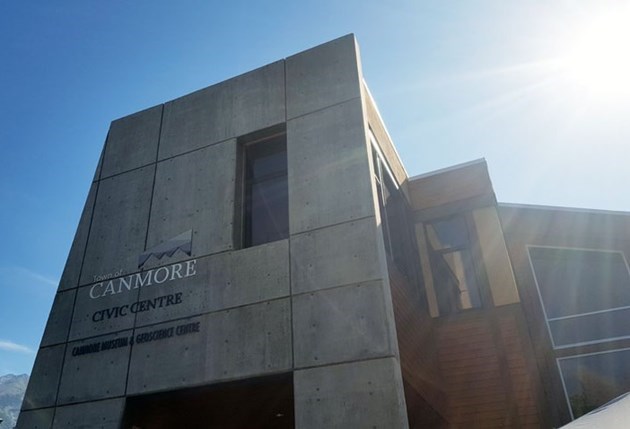CANMORE — Town of Canmore staff will begin work on returning to a two-year budget approval after council voted for staff to begin work on the 2023 and 2024 operating and capital budgets.
In what could be one of the toughest budgets in recent years, City Council has asked staff to return with a status quo budget – a budget that prepares existing services to return to the same levels – when talks budgets will begin in the fall. City staff will also return with recommendations regarding franchise fees for Fortis and ATCO Gas.
But with record inflation, cost-of-living adjustments for employees, the provincial transfer to municipalities and the likelihood of borrowing increases, a status quo budget could lead to a tax hike of nearly 10% of growth. .
When the budget returns, an effort will be made to show why certain items are increasing or decreasing and impact factors such as cost of living adjustments (COLA), inflation and increased insurance may play into the budget .
“If you don’t pay certain bills in a certain way as a taxpayer, sometimes it might be hard to understand how something has grown that much,” the adviser said. said Joanna McCallum. “Being able to see it line by line is really useful for us, but useful for the public.”
While the focus is on maintaining the status quo, a list of options to increase or decrease services – based on the board’s strategic plan – will also return.
The report also highlighted the likelihood that provincial offloading, rising interest and borrowing costs, and high inflation will impact operating costs.
Operating budget factors include salaries, wages and benefits; contributions to reserves and increased RCMP and fire costs. A 1% tax increase is $281,000 based on the 2022 budget, said Chelsey Richardson, the city’s chief financial officer.
The first draft of the capital budget will focus on asset management projects and changes to franchise fees – a way to generate revenue for a municipality – will return.
Franchise fees for Fortis are set at 12 percent and a maximum of 20 percent and any 1 percent increase is estimated to add an additional $135,000 to City coffers. ATCO Gas’ rate is 30% – close to the 35% maximum – with a percentage increase potentially meaning $55,000 in additional revenue.
Richardson said it was far too early to project the exact money raised by a possible fee increase. She noted that the money raised is used for capital needs, climate action initiatives, funding for the climate change specialist position and the sustainability reserve.
“We don’t treat it as another general source of revenue the way some municipalities do, but using these fees in these areas also indirectly helps the tax-funded budget,” she said.
Franchise royalties were changed before for the 2021 budget and they passed five years ago without being increased. Richardson said the Department of Finance is looking to see what rates are set across the province, but “the broad ranges and philosophical approaches” differ for each municipality.
“I find myself wearing two hats,” the adviser said. says Tanya Foubert. “I like the revenue stream, but the cumulative effect of fees on people in our community and the cost of living and affordability is far more important than that one thing, but that one thing contributes to it.”
Richardson said the CPI was around 5.8% and interest rates were around 5%. She added that the COLA is around 5.5%, but the possibility of an additional provincial and federal government levy on municipalities, with rising interest rates impacting borrowing costs, record inflation and supply chain issues can make any budget difficult.
The Board also directed staff to begin draft operating plans for 2025-2026 and capital plans for 2025-28. The Municipal Government Act requires municipalities to adopt three-year operating plans and five-year capital plans.
City staff will have meetings throughout August and September that will include reviewing service needs, reviewing plans and returning to council with a draft in October.






